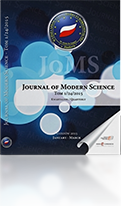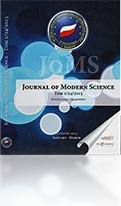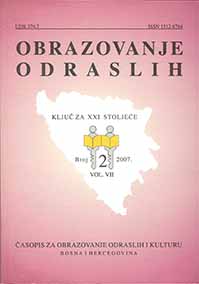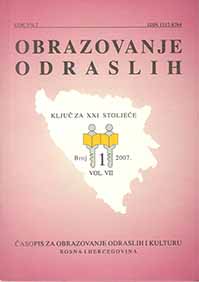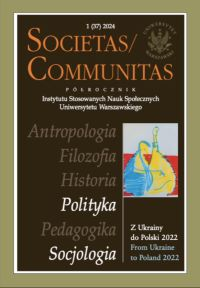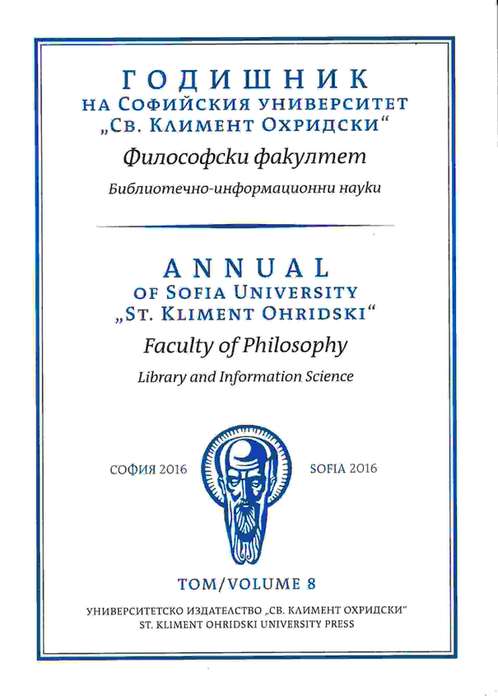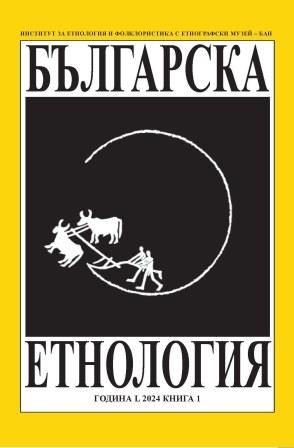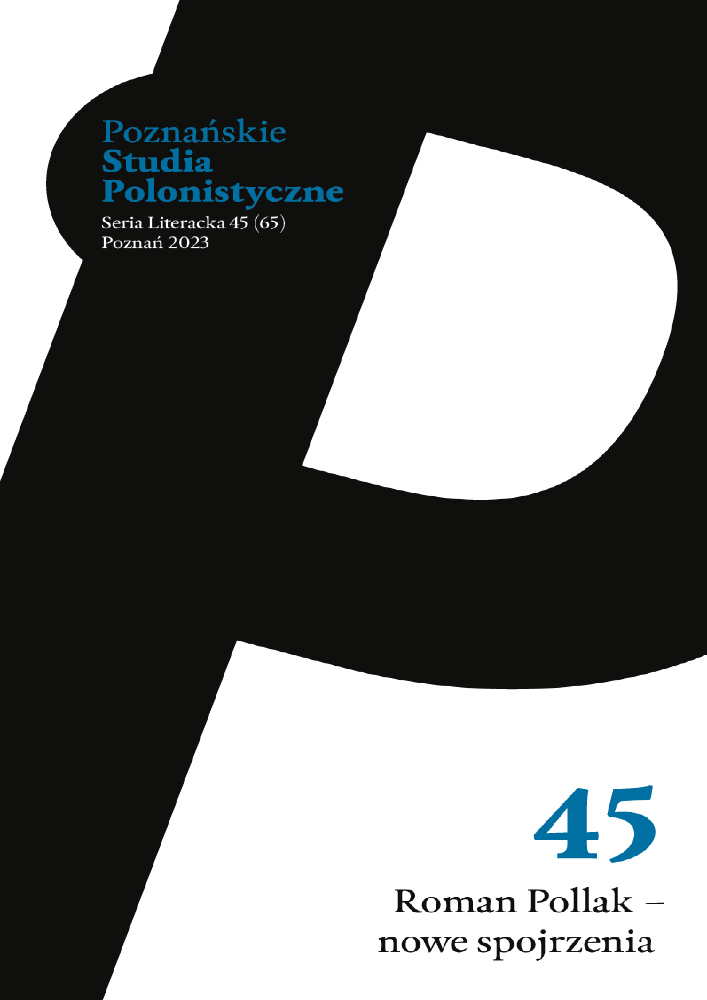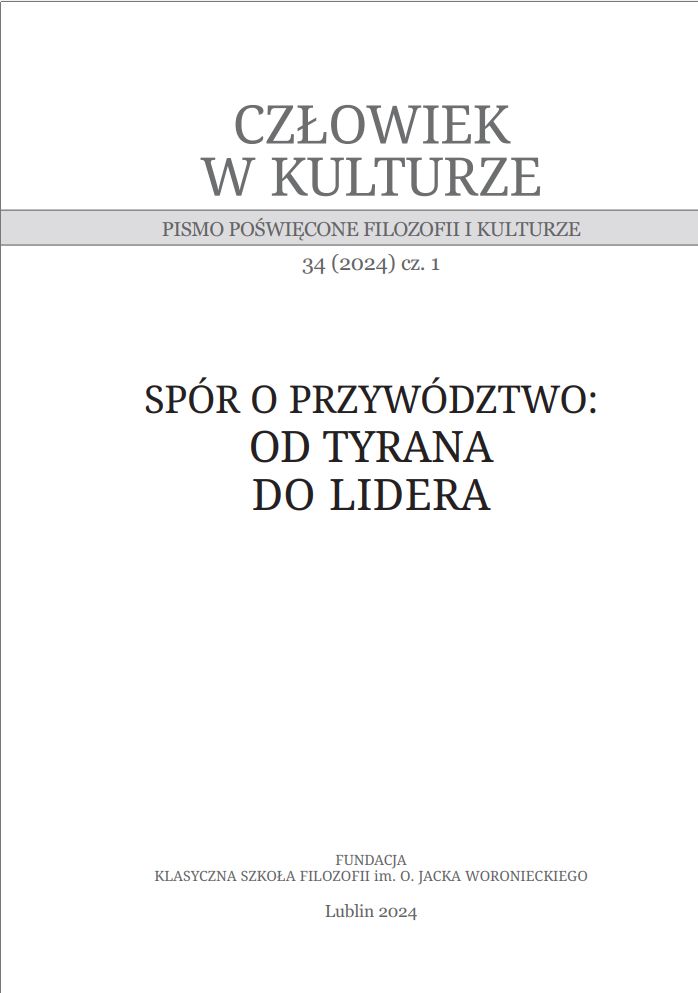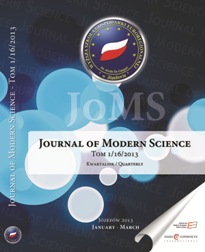
Zaufanie jako fundament bezpieczeństwa we współczesnym społeczeństwie.
A confidence and a safety are categories which are keeping every man company from the moment of the birth. They are important and meaning for the unit, all at the same time are deciding about the condition of social groups, smaller and larger communities, so as: state, nation, the local community,the region. Therefore the issues associated exactly with the public trust are in a special range of interests of sociology. According to this discipline it is an essential element of modern societies of which the growing complexity, the opaqueness, the anonymity, the fluidity and modern expect of the social roles, the increasing relation, but first of all wide areas of the uncertainty and risks are characteristic. That is, the complicated social space requires this space from today’s participants (of individuals, institution, community) of rather a confidence, rather than the isolation and the mistrust. Therefore for use of this article I accepted so for it thesis that the public trust is a foundation of the safety in the modern society. In the framework of deliberations stressing meaning of the public trust for the safety we will try to answer questions: how do we understand the public trust in modern societies? What his sources and conditioning are? What image and social-cultural specificity of the public trust are in Poland?
More...
